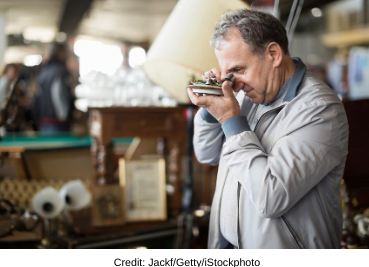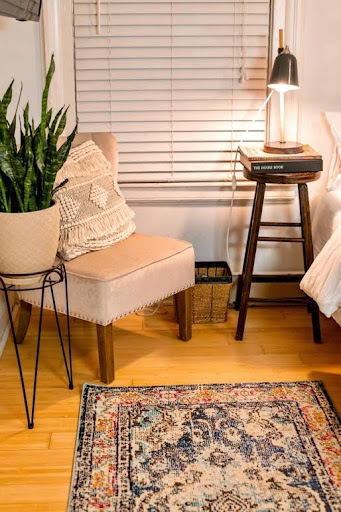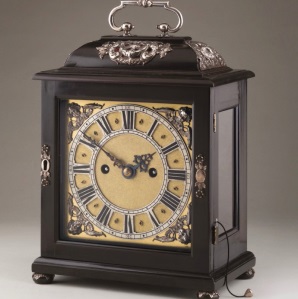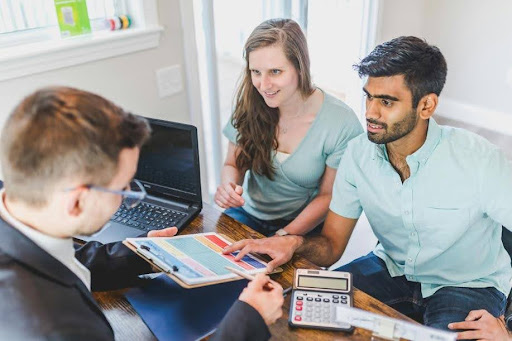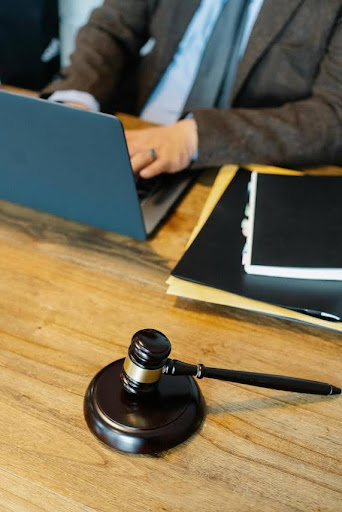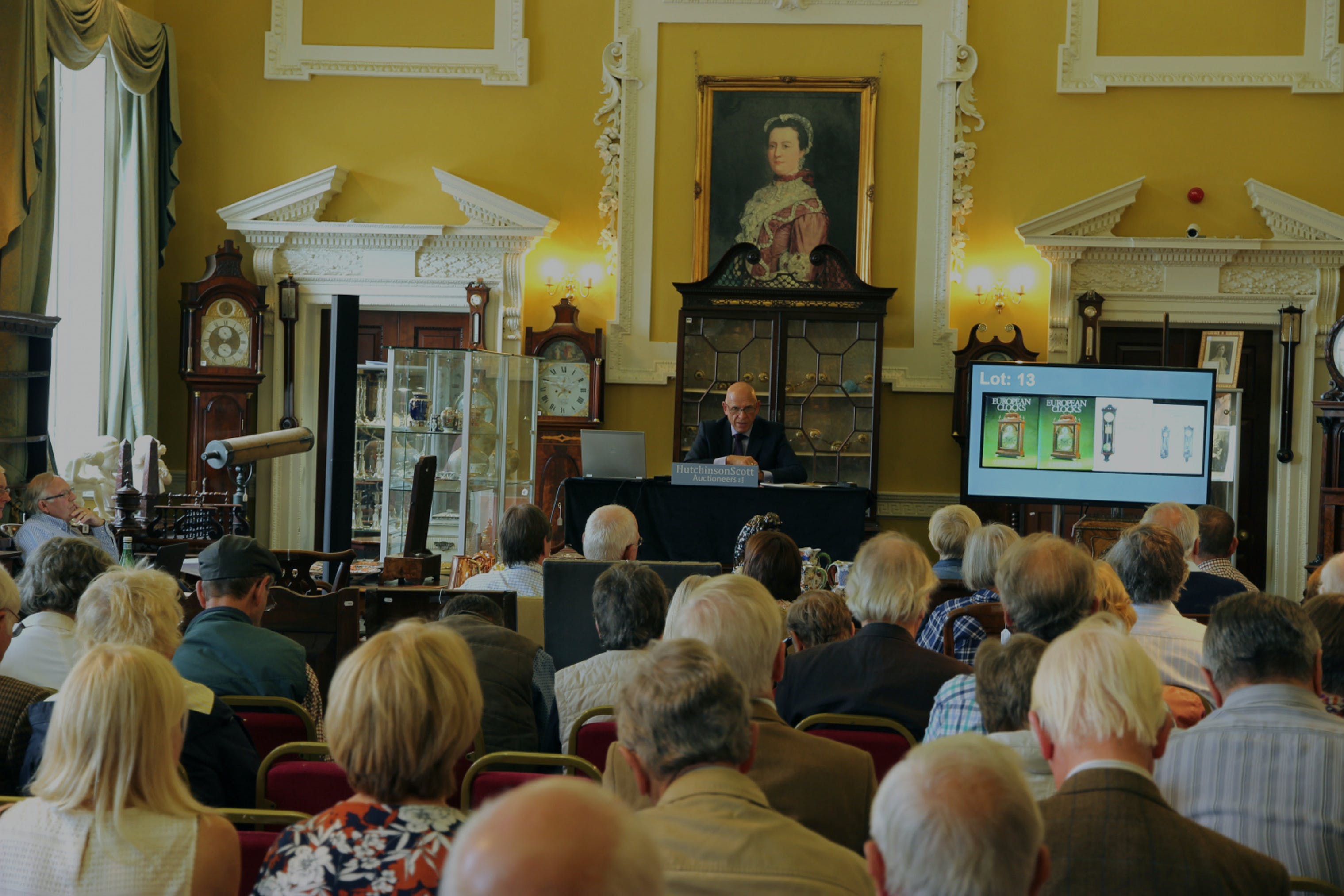Factors that Impact the Value of Antiques
02/09/2024 General News
Antiques are treasured items from years gone by and they’re loved for both their elegant aesthetic and their unique history. Whether you have acquired antiques through a recent auction, a lucky charity shop find or they have been handed down through generations, each piece has its own story. Often, antiques are also highly valuable assets that can appreciate over time and knowing how much your antiques are worth can be beneficial.
The process of getting an antique valuation isn’t always straightforward and several factors will impact the value of an item. Yet, understanding the value of antiques is crucial for sellers and buyers alike. In this post, we have explored some of the key factors that influence the value of antiques and the importance of using a professional antique valuation service.
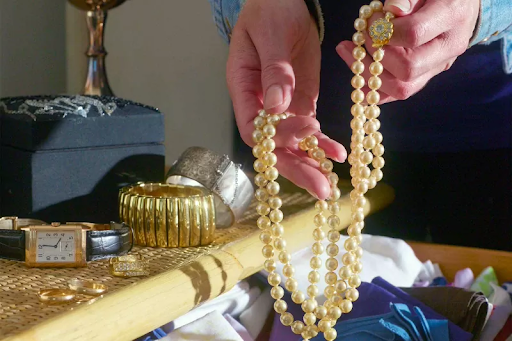
Credit: Peter Dazeley / The Image Bank / Getty
Key Factors that Influence an Antique Valuation
The value of an antique can change quite significantly over time and it’s influenced by various different factors. Knowing more about these factors can help you to make informed decisions when buying, selling and collecting antiques. Here are some of the key factors that antique valuers will consider when giving you a basic valuation.
- Rarity and Historical Significance
One of the main factors affecting an antique's value is its rarity. Items that were produced in limited quantities generally have a higher value because they are more sought after by collectors. Value is often determined by the historical context and significance too, and antiques that epitomise a particular era or a turning point in craftsmanship can be particularly valuable. Ultimately, the uniqueness of an item can significantly enhance its appeal and market value.
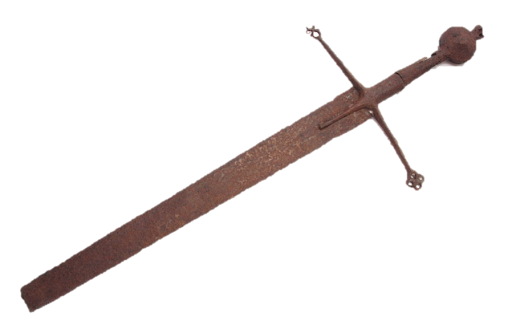
Lot 270, January 2020 - A 15TH/16TH CENTURY SCOTTISH CLAYMORE SWORD achieved £30,000 at the hammer.
- Condition
The condition of an antique also plays a critical role in its valuation. Items that have been well taken care of and preserved in their original condition without significant damage or repairs are typically more valuable than those that have undergone extensive restoration. The integrity of the material, the visibility of wear and tear, and any restoration efforts will be carefully examined during the valuation process. For antiques like clocks with moving parts, for example, whether they still work as they should will also impact their value.
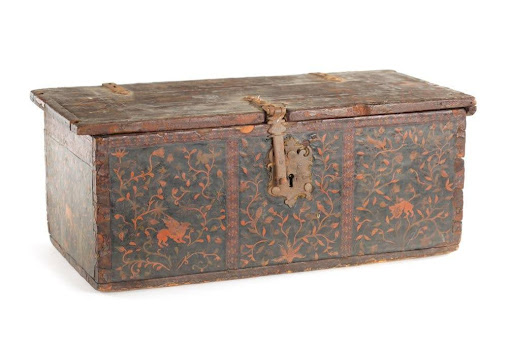
Lot 560, April 2024 - A rare 17th century Indian lacquer work wooden box achieved £10,500
- Provenance
Often, the known history of an item can influence its value. Antiques with a well-documented history showing they are associated with significant events or were previously owned by notable people can be more valuable than other types of antiques. Provenance not only adds to the item's historical importance but also to its authenticity and desirability.
- Design Details
The artistic value of an antique can play a key role in its value too. Items that are beautifully designed or feature exceptional craftsmanship can attract higher prices. This includes antiques with intricate details and innovative designs, as well as work by renowned artists or manufacturers. The aesthetic appeal and artistic integrity of an antique can increase its desirability and, in turn, its market value.
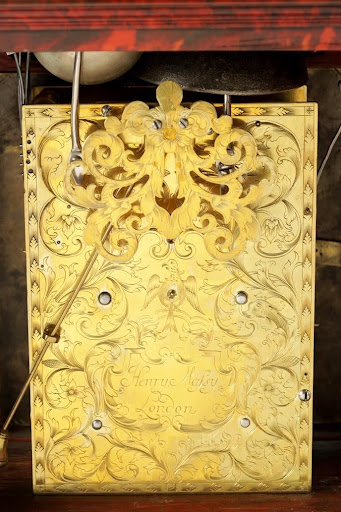
Lot 78, January 2020 - Henry Massy, London. A very fine and rare Queen Anne silver mounted tortoiseshell veneered bracket clock (back plate) with fine quality engraving and workmanship – sold for £34,000 + BP.
The Importance of Professional Antique Valuations
Exploring the world of antiques can be fascinating and there are so many breathtaking items on the markets. However, accurately determining the value of antiques is a complex task. Although you can do some research yourself and this is a useful starting point for understanding the potential value of a piece, it’s always advisable to turn to professional valuers for an accurate and up-to-date valuation. Personal research often involves comparing similar items and reading about historical periods. Yet with so many other factors impacting antique valuations, including market demand and restoration quality, it’s important to get some expert advice.
Professional valuation services offer the in-depth knowledge of antiques required to get an accurate valuation. Our valuers are trained to identify and evaluate all of the factors that contribute to the value of an antique, ensuring you get a fair assessment of your items. A professional valuation is particularly important when you’re taking out insurance, estate planning or considering selling items. Getting a professional opinion can help protect your investment and provide a trustworthy foundation for negotiations, helping you avoid disputes in the future. With the option to get antique valuations online nowadays, it couldn’t be easier to get some advice.
